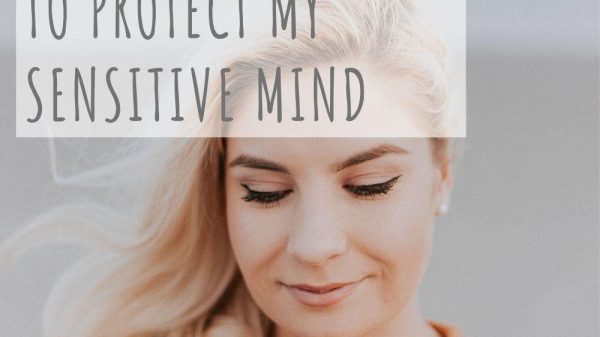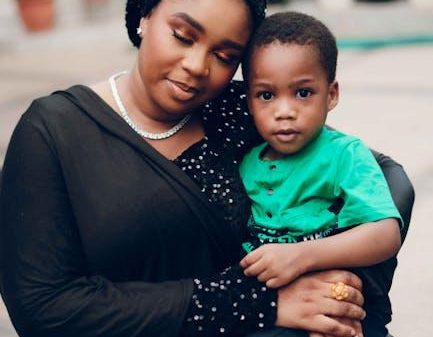In the intricate dance of human connection, emotional vulnerability often takes center stage, casting a spotlight on the delicate balance between strength and weakness. As we navigate the complexities of relationships, the question arises: is opening one’s heart an act of courage or a sign of fragility? Emotional vulnerability, with its raw honesty and unguarded openness, invites us to explore the depths of intimacy, yet it also exposes us to the risk of hurt and misunderstanding. In this article, we delve into the dual nature of emotional vulnerability, examining its potential to both fortify and challenge the bonds we hold dear. Through a nuanced exploration of personal anecdotes, expert insights, and psychological perspectives, we aim to unravel whether baring one’s soul is the ultimate testament to relational strength or a perilous gamble with one’s emotional well-being.
Understanding Emotional Vulnerability: A Double-Edged Sword in Love
In the intricate dance of love, emotional vulnerability can be both an ally and an adversary. On one hand, it opens the gateway to deeper intimacy and connection. By allowing ourselves to be seen in our most raw and unguarded states, we invite our partners to truly understand us. This authenticity fosters a safe environment where both parties can thrive, nurturing a bond built on trust and openness. The courage to expose one’s innermost fears and desires can transform relationships into a sanctuary of mutual respect and empathy.
However, the same openness can sometimes feel like walking a tightrope without a safety net. Emotional vulnerability can leave individuals exposed to potential hurt and disappointment. It requires a delicate balance, as sharing too much too soon may overwhelm or frighten a partner, while withholding emotions can lead to misunderstandings and resentment. To navigate this complex landscape, consider these strategies:
- Communicate boundaries clearly to avoid feeling overexposed.
- Cultivate self-awareness to understand your own emotional triggers.
- Build trust gradually by sharing incrementally.
Ultimately, embracing emotional vulnerability is a personal journey, requiring careful consideration of one’s own comfort levels and the dynamics of the relationship.

Navigating the Emotional Landscape: Balancing Openness and Resilience
In the intricate dance of human relationships, understanding the dynamics of emotional vulnerability can be transformative. It requires a delicate balance between being open and maintaining resilience. Openness invites connection and intimacy, fostering a deeper understanding between partners. It allows individuals to share their fears, dreams, and insecurities, creating a foundation of trust. Yet, this openness must be tempered with resilience to withstand the inevitable challenges and misunderstandings that arise in any relationship.
Consider these key elements to navigate this emotional landscape effectively:
- Authenticity: Being genuine in your expressions helps build a strong emotional connection.
- Empathy: Understanding and validating each other’s feelings can fortify your bond.
- Boundaries: Knowing your limits ensures that vulnerability doesn’t lead to emotional depletion.
- Communication: Open dialogue is crucial in addressing issues before they escalate.
By striking the right balance, emotional vulnerability can indeed become a profound strength, enhancing both personal growth and relational depth.

Building Stronger Connections: Harnessing Vulnerability for Deeper Bonds
In the intricate dance of human relationships, emotional vulnerability often emerges as a pivotal player. While some may view it as a potential chink in their armor, many recognize its power to forge profound and meaningful connections. Vulnerability is not about oversharing or exposing every facet of oneself indiscriminately; rather, it involves the courage to share one’s authentic self, embracing both strengths and imperfections. This openness can lead to a deeper understanding and acceptance between partners, fostering an environment where both individuals feel safe to express their true emotions.
- Authenticity: Sharing genuine feelings encourages trust and honesty.
- Empathy: Understanding each other’s vulnerabilities nurtures compassion.
- Resilience: Facing emotional challenges together strengthens the relationship’s foundation.
In this light, emotional vulnerability transcends the traditional dichotomy of strength versus weakness. It becomes a bridge, connecting hearts in a landscape where courage and tenderness coexist harmoniously. As partners learn to navigate the nuances of vulnerability, they often find that the bonds they build are not only stronger but also more resilient, capable of weathering life’s inevitable storms.

Practical Tips for Embracing Vulnerability: Turning Perceived Weakness into Strength
Embracing vulnerability in relationships can be daunting, but it’s a transformative journey that can lead to deeper connections and personal growth. Here are some practical tips to help you turn vulnerability into a powerful strength:
- Start Small: Begin by sharing minor feelings or thoughts that make you feel slightly uncomfortable. This gradual approach can help you build confidence in expressing deeper emotions over time.
- Practice Active Listening: Being open to others’ vulnerabilities can make it easier to share your own. Listen attentively and respond with empathy, creating a safe space for mutual openness.
- Reframe Your Perspective: Instead of viewing vulnerability as a weakness, consider it a courageous act of authenticity. This mindset shift can empower you to embrace your true self without fear.
- Set Boundaries: While vulnerability is about openness, it’s important to maintain personal boundaries. Share what feels right for you, and don’t feel pressured to disclose more than you’re comfortable with.
By incorporating these strategies into your relationships, you can transform vulnerability into a source of strength, fostering trust and genuine connections with those around you.








